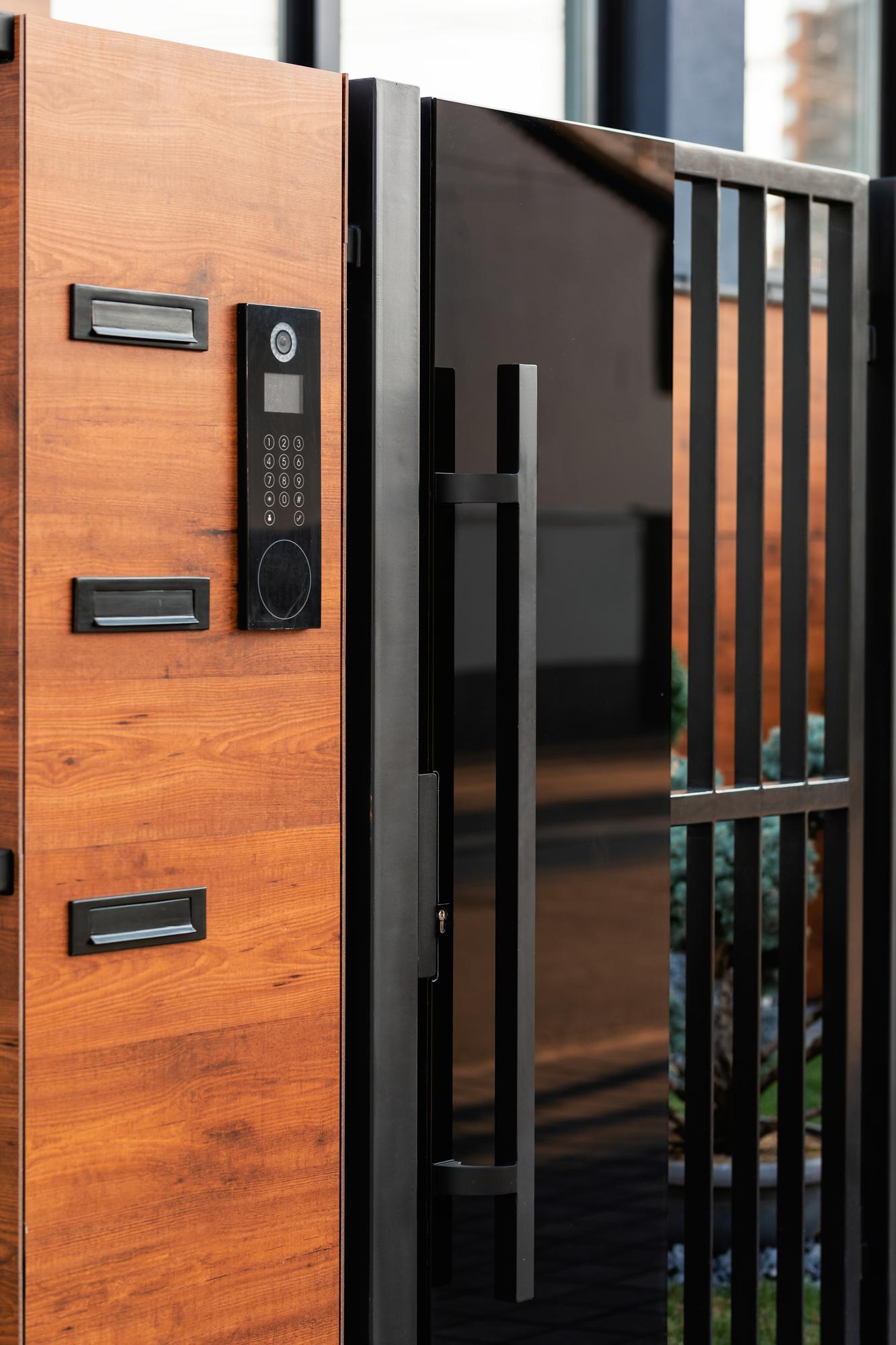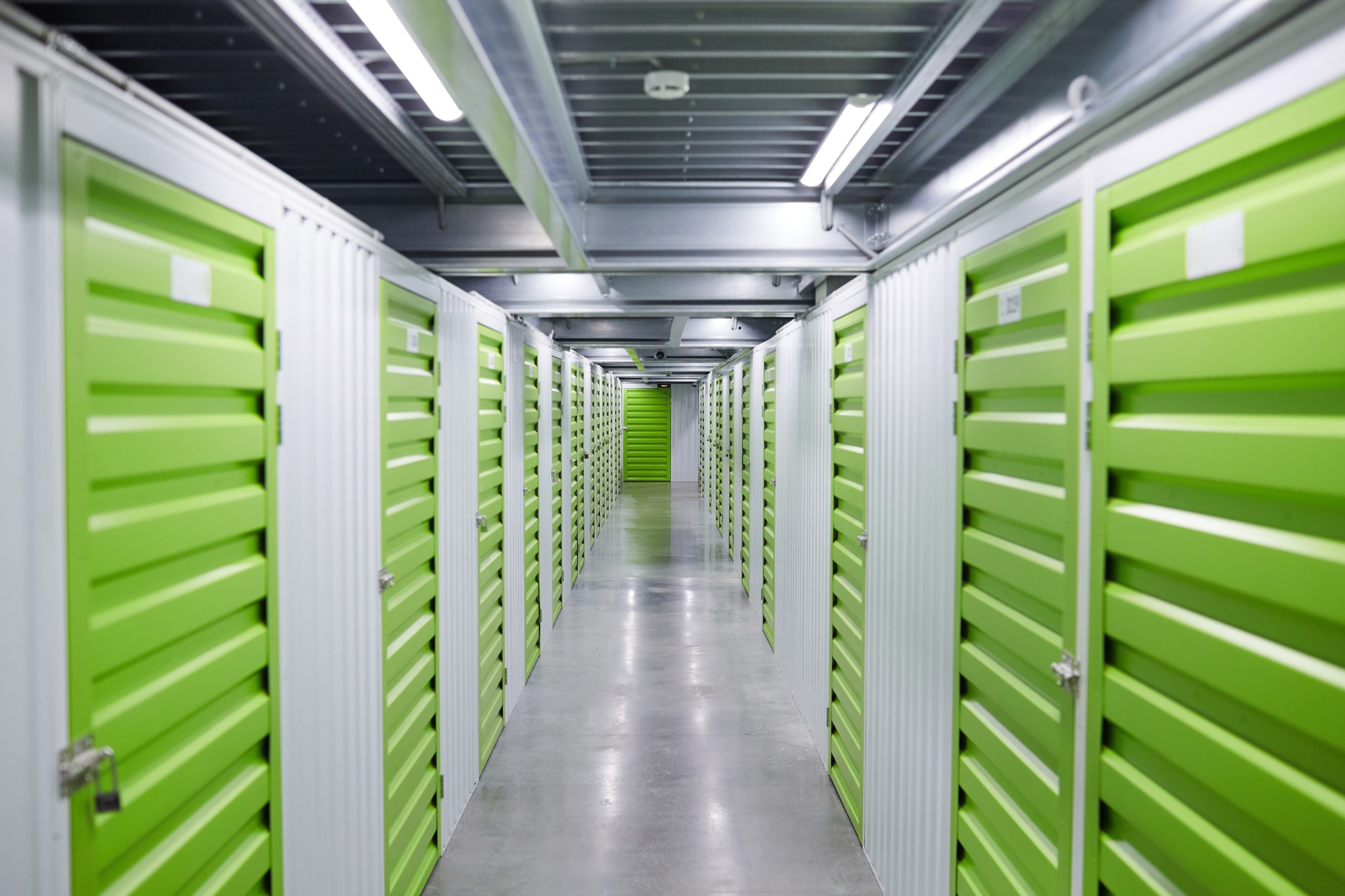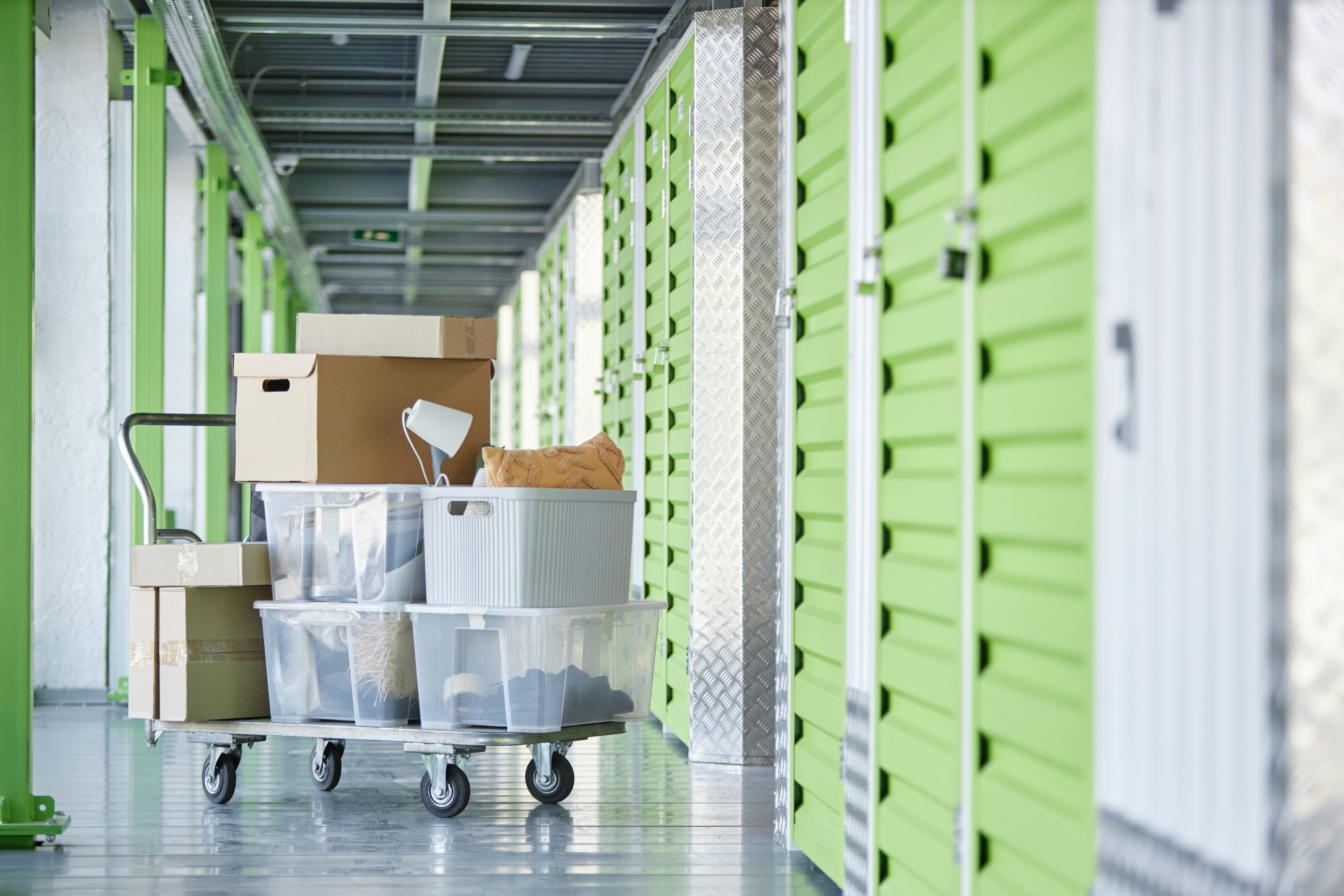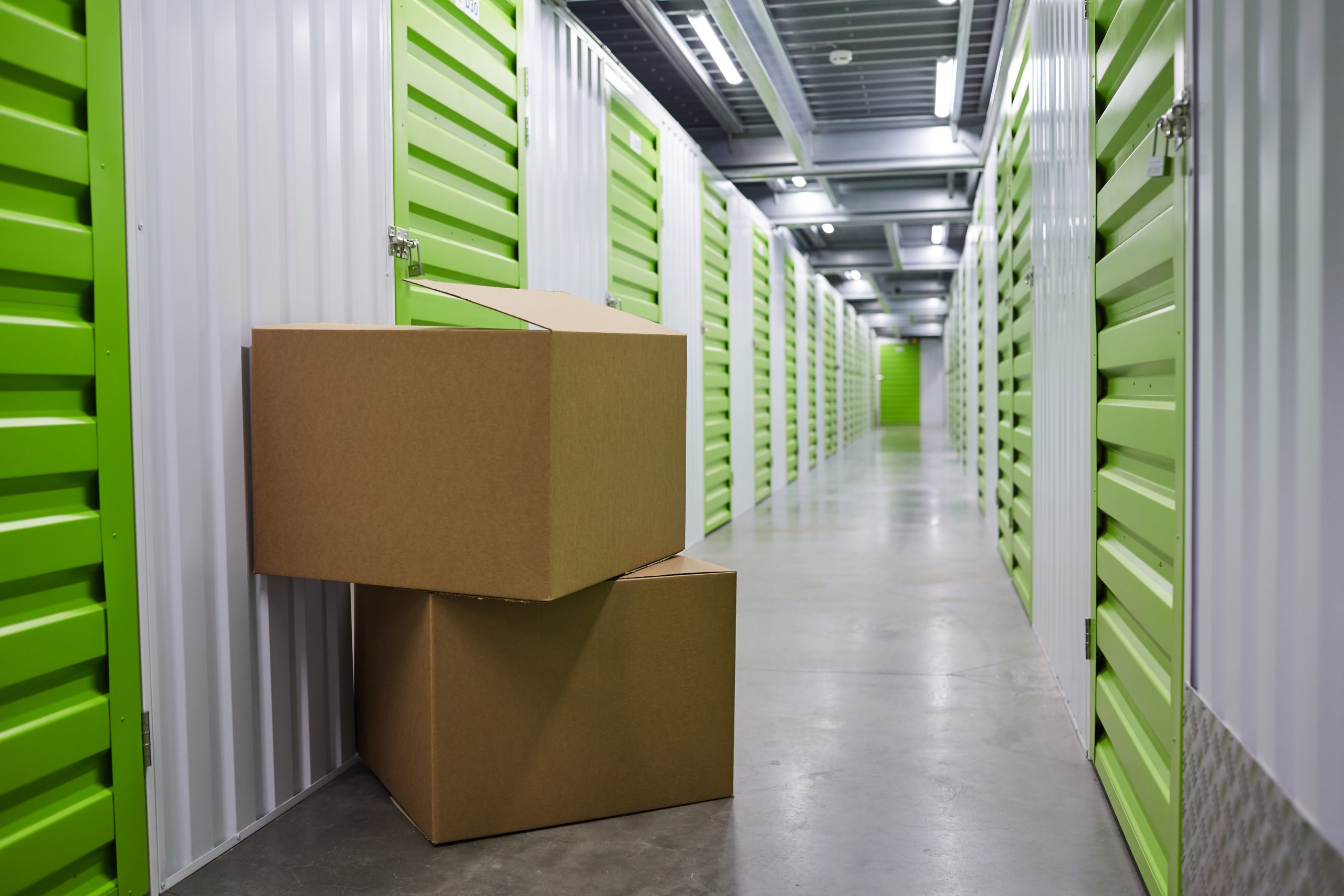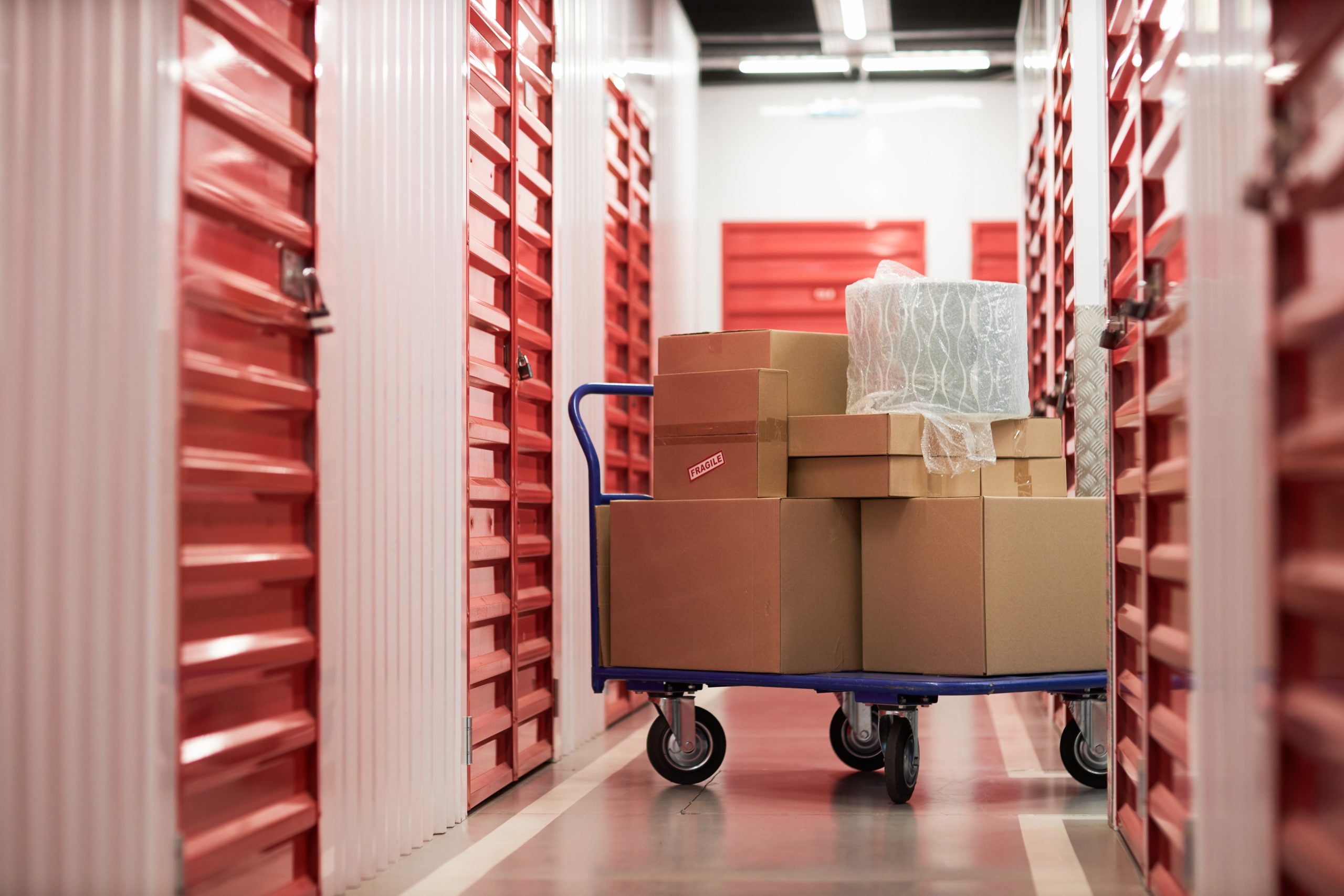If you’ve ever faced the frustration of paying too much for storage—only to realize you didn’t even need that extra space or premium feature—you’re not alone. In a bustling city like Dubai, where space comes at a premium and temperatures soar, choosing the right storage solution isn’t just about convenience—it’s about smart budgeting. Whether you’re storing heirloom furniture, business inventory, or sensitive data, understanding the most expensive types of storage—and why they cost more—can save you thousands of dirhams.
In this guide, we’ll break down the costs of popular storage options, from traditional physical units to modern cloud systems. You’ll learn how factors like location, technology, and security impact pricing, and discover when it’s worth investing in premium storage solutions. Let’s dive in!
Factors That Influence Storage Costs
Storage costs aren’t one-size-fits-all. Whether you’re renting a warehouse in Dubai or backing up data to the cloud, prices depend on several key factors:
1. Storage Type
- Physical Storage: Includes self-storage units, climate-controlled warehouses, and vehicle storage. Costs vary based on space and amenities.
- Digital Storage: Cloud storage, SSDs (solid-state drives), and HDDs (hard disk drives) differ in speed, durability, and pricing.
2. Space vs. Capacity
- For physical storage, unit size (e.g., 10 sq. ft. vs. 200 sq. ft.) directly impacts cost.
- For digital storage, capacity (e.g., 500GB vs. 10TB) and technology (SSD vs. HDD) determine pricing.
3. Location
- In Dubai, storage facilities in prime areas like Downtown Dubai or Dubai Marina cost 30–50% more than those in Al Quoz or Jebel Ali.
- For cloud storage, data center locations (regional vs. global servers) affect fees.
4. Duration
- Short-term physical storage often has higher monthly rates, while long-term contracts offer discounts.
- Cloud providers like AWS or Google Cloud charge monthly subscription fees, with discounts for annual commitments.
5. Security & Add-Ons
- Physical storage: Climate control, 24/7 surveillance, and insurance raise costs.
- Digital storage: Encryption, backup services, and enterprise-grade security add to expenses.
Physical Storage Costs: Where Does Your Money Go?
Let’s start with the basics—physical storage. In Dubai, demand for space is high, but not all storage types are priced equally. Here’s a snapshot of common options:
1. Standard Self-Storage Units
- Cost Range: AED 200–800/month
- Best For: Household items, seasonal decor, or business inventory.
- Why Costs Vary: A small locker in a suburban facility costs less than a large unit in Dubai’s city center.
2. Climate-Controlled Storage
- Cost Range: AED 400–1,200/month
- Best For: Electronics, artwork, wine, or wooden furniture.
- Why It’s Pricier: Dubai’s extreme heat and humidity require energy-intensive climate systems to prevent damage.
3. Vehicle & Boat Storage
- Cost Range: AED 1,000–5,000+/month
- Best For: Luxury cars, yachts, or RVs.
- Why It’s Expensive: High-value items need specialized security (CCTV, gated access) and oversized spaces.
Digital Storage: Speed, Security, and Hidden Fees
While physical storage solves tangible needs, digital storage is the backbone of modern life—whether you’re backing up family photos or managing a Dubai-based business’s data. But not all digital storage is created equal. From SSD vs. HDD costs to cloud storage vs. physical storage expenses, here’s how to navigate the tech side of storage without overspending.
SSD vs. HDD: Which Costs More?
1. Hard Disk Drives (HDD)
- Cost: ~AED 0.20–0.30 per GB
- Pros: Affordable for large capacities (e.g., 4TB for AED 400).
- Cons: Slower read/write speeds, higher failure risk due to moving parts.
- Best For: Archival data, backups, or budget-friendly bulk storage.
2. Solid-State Drives (SSD)
- Cost: ~AED 0.50–1.00 per GB
- Pros: Lightning-fast performance, durability (no moving parts).
- Cons: 2–4x pricier than HDDs for the same capacity.
- Best For: Frequent-access data (business apps, gaming, OS drives).
Why SSDs Are More Expensive:
The advanced NAND flash memory technology in SSDs costs more to manufacture but delivers unmatched speed. For businesses in Dubai handling real-time transactions or creative projects, the premium is often justified.
Cloud Storage vs. Physical Storage: Which Is Cheaper?
The cloud storage vs. physical storage costs debate depends on your needs:
1. Cloud Storage
- Cost: ~AED 20–100/month for 1TB (e.g., Google Drive, Dropbox).
- Pros: Accessibility, automatic backups, and scalability.
- Cons: Recurring fees add up over time; limited control over data centers.
2. Physical Storage (External Drives/NAS)
- Cost: One-time purchase (e.g., AED 300–1,500 for a 4TB HDD or NAS device).
- Pros: No monthly fees; full control over security.
- Cons: Risk of hardware failure; no remote access.
When Cloud Storage Wins:
- Short-term needs (e.g., freelance projects).
- Teams collaborating across Dubai or globally.
When Physical Storage Wins:
- Long-term archiving (e.g., storing decade-old business records).
- Sensitive data requiring offline security.
The Hidden Costs of Digital Storage
- Data Retrieval Fees: Cloud providers like AWS charge extra for frequent access or large downloads.
- Upgrade Costs: Expanding HDD/SSD storage often means buying new hardware.
- Energy Consumption: Running a NAS or server 24/7 hikes electricity bills.
Enterprise Data Storage: Why Costs Skyrocket
For Dubai’s corporations, enterprise data storage expenses are a major line item. Here’s why:
- Scale: Enterprises often need petabytes (1,000+ terabytes) of storage.
- Security: Compliance with UAE data laws requires encryption, audits, and redundancy.
- Hybrid Systems: Many firms blend cloud (for flexibility) and on-premise servers (for control), doubling costs.
Example: A Dubai e-commerce company might spend AED 10,000–50,000+ monthly on AWS, backups, and in-house SSD servers to handle customer data.
When Storage Becomes a Status Symbol
In Dubai, where luxury is a lifestyle, even storage isn’t immune to the demand for exclusivity. From climate-controlled vaults for rare art to blockchain-powered data centers, premium storage solutions pricing reflects not just functionality—but prestige. Let’s explore the high-end options redefining what it means to “store smart” in 2024.
Luxury Physical Storage: Beyond Basic Units
For high-net-worth individuals and businesses, standard storage won’t cut it. Here’s what’s driving up costs in Dubai’s elite storage market:
1. White-Glove Concierge Storage
- What It Includes: Pickup, custom packaging, inventory logging, and doorstep delivery.
- Cost: AED 1,000–5,000+/month (depending on item value).
- Example: Storing a collection of luxury handbags or vintage watches with Dubai Storage Services’ VIP plan.
2. Private Climate-Controlled Vaults
- What It Includes: Dedicated units with humidity control, biometric access, and 24/7 security.
- Cost: AED 2,000–10,000+/month.
- Why It’s Expensive: Ideal for fine art, rare wines, or sensitive documents—items where even minor environmental shifts spell disaster.
3. Mega-Yacht & Supercar Storage
- What It Includes: Marina berths with anti-corrosion systems or temperature-controlled garages.
- Cost: AED 5,000–20,000+/month.
- Dubai Demand: With over 13 million tourists visiting annually, seasonal storage for luxury vehicles and boats is booming.
High-Tech Digital Storage: Security at a Premium
For enterprises and tech-savvy users, advanced digital storage solutions come with hefty price tags—but unmatched benefits:
1. Private Cloud Storage
- What It Includes: Dedicated servers (not shared with other users) and custom security protocols.
- Cost: AED 500–5,000+/month for 1TB.
- Best For: Dubai law firms, healthcare providers, or financial institutions handling sensitive data.
2. Blockchain-Based Storage
- What It Includes: Decentralized data storage (e.g., Filecoin, Storj) with encryption across multiple nodes.
- Cost: ~AED 0.30–0.50 per GB/month (20–30% pricier than standard cloud storage).
- Why It’s Worth It: Tamper-proof security and no single point of failure—critical for startups in Dubai’s blockchain hub.
3. AI-Optimized Storage Systems
- What It Includes: Predictive analytics to auto-organize data and reduce redundancy.
- Cost: AED 1,000–10,000+/month (enterprise-tier plans).
- Example: A Dubai hotel chain using AI to manage guest data across cloud and on-premise servers.
Balancing Cost and Value: Is Premium Storage Worth It?
Before splurging on lavish storage, ask yourself:
- Does my item/data require extreme protection? (e.g., a AED 1M painting vs. old textbooks).
- How often will I access it? Paying for 24/7 access to a yacht you use twice a year may not make sense.
- Can I split costs? Share a premium warehouse with another business or opt for hybrid storage (e.g., cloud + physical).
The Hidden Costs of Storage: Don’t Get Caught Off Guard
Even with careful planning, unexpected fees can turn a “budget-friendly” storage solution into a financial headache. Here’s what to watch for in Dubai’s storage market:
1. Administrative Fees
- Physical Storage: Setup fees (AED 100–300) or security deposits (often refundable).
- Cloud Storage: Charges for data migration or account activation.
2. Insurance Add-Ons
- While optional, insuring high-value items (e.g., antiques, servers) can add 5–15% to your monthly bill. Many Dubai facilities partner with insurers for bundled rates.
3. Late Payment Penalties
- Missed payments may incur fines (AED 50–200) or even auction of stored items. Set calendar reminders!
4. Digital Data Retrieval Costs
- Cloud providers like AWS charge AED 0.05–0.15 per GB for large data downloads—costly for businesses accessing archives frequently.
How to Save on Storage in Dubai: Pro Tips
- Declutter Ruthlessly
- Smaller units = lower costs. Sell, donate, or recycle items you haven’t used in a year.
- Hybrid Storage Solutions
- Pair affordable physical storage for bulk items (e.g., furniture) with cloud storage for documents.
- Negotiate Like a Pro
- Ask Dubai Storage Services for off-peak discounts (e.g., summer months when expats leave).
- Skip Unnecessary Upgrades
- Basic security suffices for old books; save biometric access for luxury watches or confidential data.
- Monitor Promotions
- New facilities in Dubai South or Al Quoz often offer 1–2 months free to attract clients.
FAQs
Q: Is climate-controlled storage worth the cost in Dubai?
A: Absolutely. With summer temps hitting 45°C+, humidity can warp wood, melt adhesives, and ruin electronics. For heirlooms or wine collections, it’s a must.
Q: Can I switch to a cheaper storage type later?
A: Yes! Many Dubai providers let you downgrade units or switch to cloud plans. Just check for transfer fees.
Q: Do storage facilities offer long-term discounts?
A: Most do. Signing a 6–12 month contract with Dubai Storage Services can save 10–30% versus monthly rates.
Q: Do I need insurance for my stored items?
A: For valuables, yes. Basic plans cover fire/flood damage; ask about Dubai-specific policies for sandstorm protection.
Conclusion
The most expensive types of storage—whether a private yacht berth or enterprise blockchain storage—aren’t inherently “overpriced.” They’re investments in security, convenience, and longevity. In Dubai, where extremes define daily life (from heat to high-end demand), the right choice balances cost and value.


